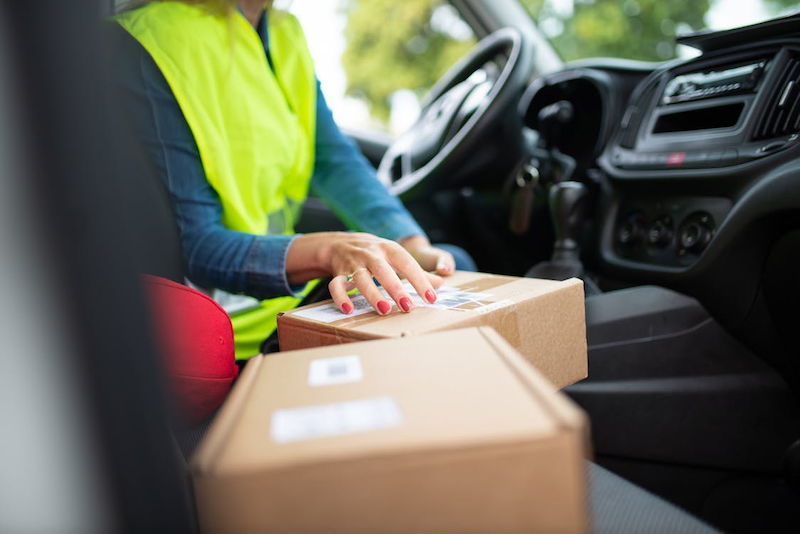Branded Content by Cosmic Press
https://pixabay.com/photos/globe-trotter-traveller-globe-map-1828079/
Even though the situation is expected to improve, right now, the travel industry is responsible for close to 8% of global carbon emissions. The main culprits remain fossil fuels and greenhouse gas emissions from planes, boats, and other non-eco-friendly modes of transportation.
But travelers are not powerless in their fight for a better quality of life, especially in big cities. Even students have a say in this by being mindful of how they choose to navigate from point A to point B.
By choosing eco-friendly means of transportation, you not only reduce your own ecological footprint but also steer the whole industry towards a sustainable future. Whether shuttling between home and campus or jetting off on well-earned vacations, realizing that every journey has an impact is step one.
The next—and more crucial—is acting upon it. Here’s how your choices impact the future:
The Ripple Effect of Conscious Commuting
As a student, you may have to commute more and for longer distances than most adults. This is not a particularly impressive aspect of life as a young academic, but there is a silver lining—you can impact how the travel industry moves forward.
Young travelers voting with their wallets create momentum for low-carbon innovation and infrastructure upgrades. So, the best thing you can do is embrace modes of transport that buck the trend of fossil fuel dependence.
For instance, when traveling within the city lines, do so by using electric buses and other similar vehicles. If you have the possibility, use bike-share programs, electric scooters, or walk. Carpool when possible and, if it’s well-developed, make public transit your ally.
These choices don’t just reduce carbon footprint; they exemplify climate leadership and cultivate a culture rooted in environmental responsibility. Also, talk about this trend with your friends who also care about the climate. Most of us don’t yet realize just how much power we have to influence the status quo.
Be Mindful of Your Travel Choices
We know that eco-conscious young travelers may feel guilty about using the transport network to move to and fro, but being mindful of your carbon footprint shouldn’t limit your chances of exploration and growth.
In fact, it’s the opposite. The more you travel using eco-friendly methods, the more you learn about how your choices help support change.
One way to keep emissions low and the fun high is by choosing rail travel over planes and car rides. And if you have the option to choose trains powered by green energy, all the better.
For road trip enthusiasts, modern recreational vehicles equipped with green technology are a game-changer. Look for models with better fuel efficiency or those powered by alternative energy sources. Plus, you can use an online platform to find new and used RVs for sale, so there’s no need to make multiple trips to find the right one.
If renting a vehicle is necessary, choose hybrid or electric models. These cars offer lower emissions and reflect an eco-conscious choice while exploring off-the-beaten-path destinations.
Additionally, choose destinations with robust environmental policies and embrace practices like ‘Leave No Trace’ during nature escapades. Many vacation spots now cater to the environmentally aware traveler with tours that prioritize conservation and responsible local engagement. These can range from guided nature walks to wildlife observation—all low in impact but rich in experience.
Open Your Mind to Learning
Like with anything else in life, education is key. If you’re ready to learn more about how your actions impact the government, find academic initiatives, like CSUN’s Climate Science Program, that examine the problem in depth.
Dive into reports and studies from environmental organizations that detail transportation impacts on climate change. Joining groups that provide insight through seminars, workshops, and lectures focused on green travel.
Lastly, it helps to attend town halls or public forums where local transportation policies are discussed. Understanding infrastructure planning offers perspectives on environmental priorities (or lack thereof) in transport development.
Key Takeaways
Sustainable travel shouldn’t be seen as an inconvenient detour but rather as an exploration of mindful living.
With every ticket purchased, every mile traversed, you have the opportunity to cast a vote for the world we want—a world where wanderlust meets Earth-conscious responsibility. So go forth, armed not just with luggage but a commitment to tread lightly and advocate boldly for responsible travel practices.
Branded content furnished by our promotional partners. The Daily Sundial editorial staff is not involved in its production. Content does not reflect the views or opinions of the editorial staff.








